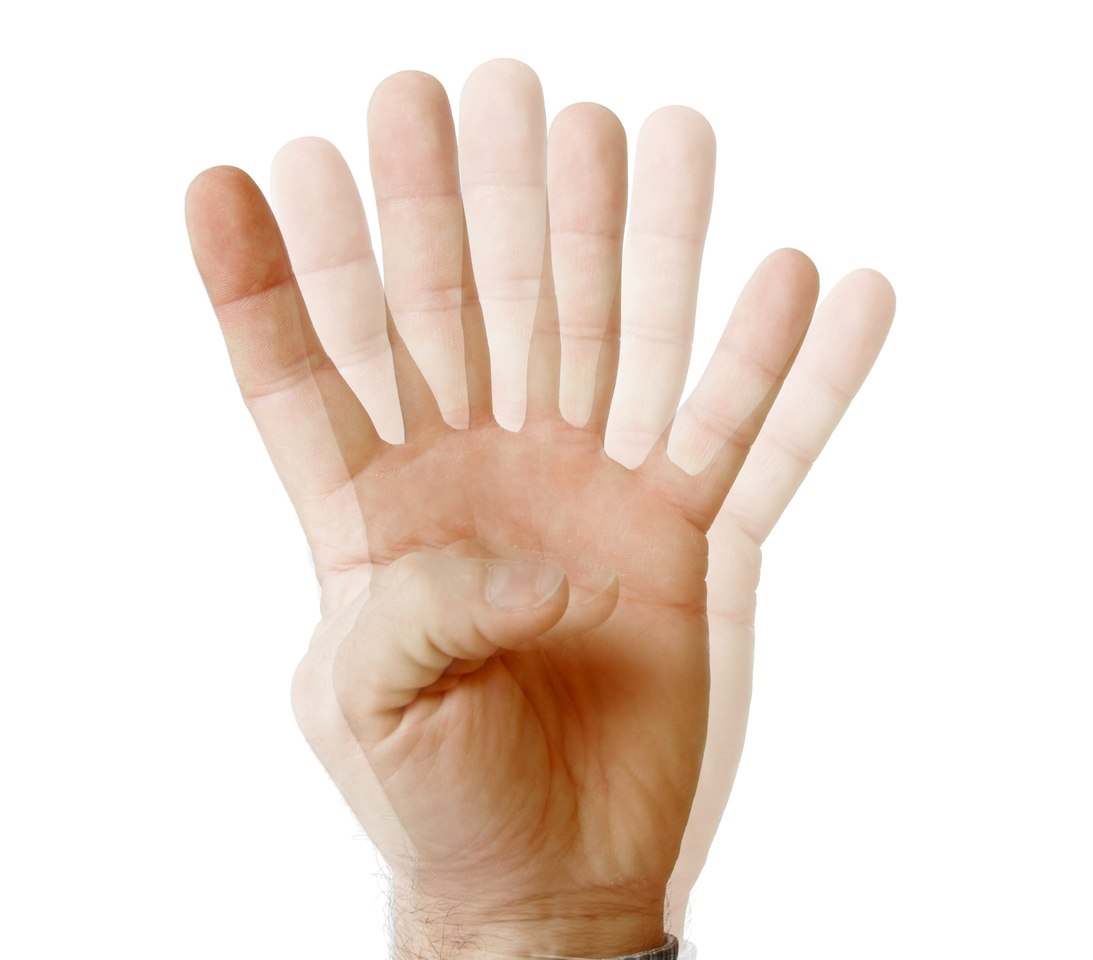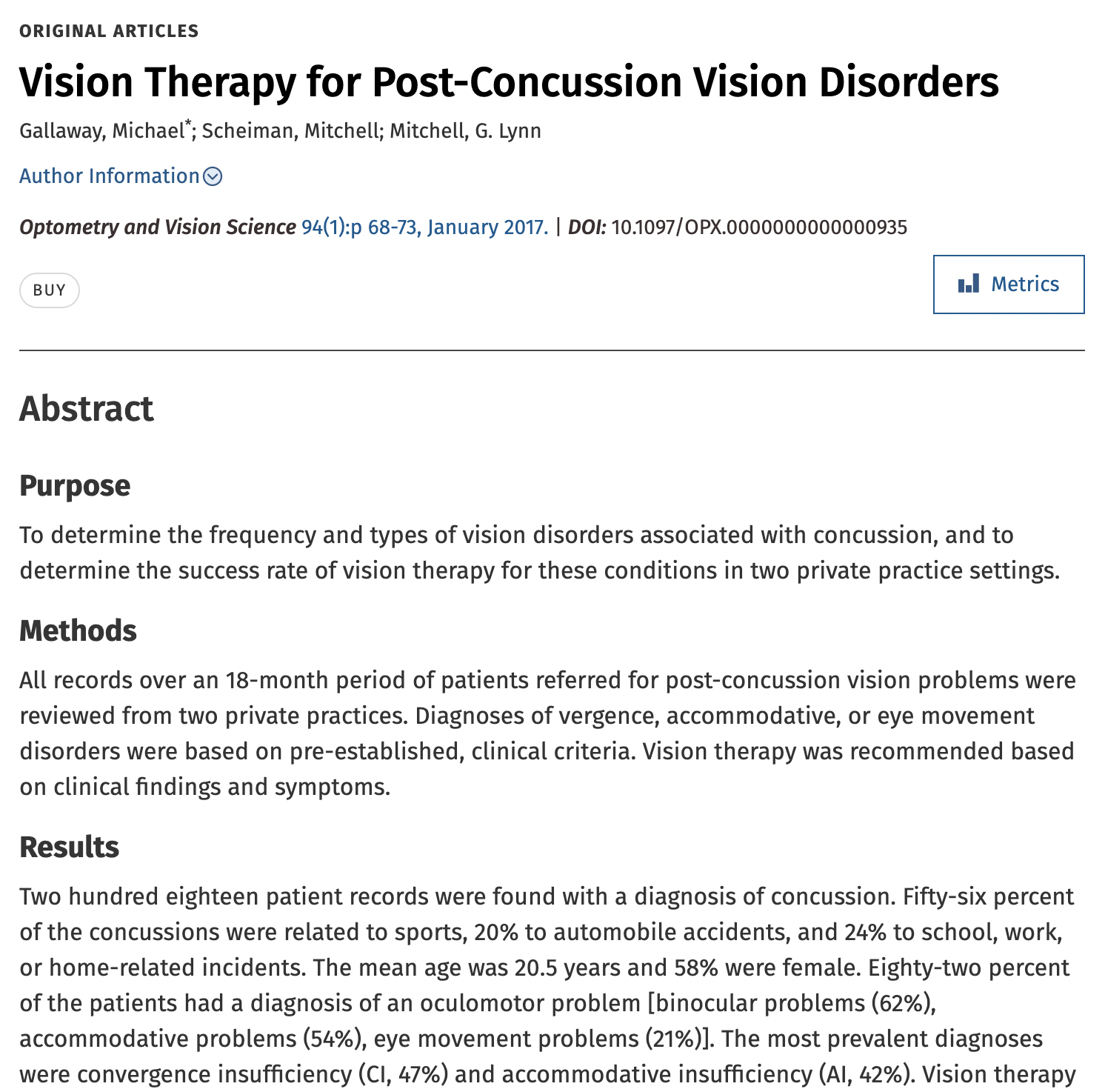Concussions and other traumatic brain injuries (TBIs) can have lasting effects on vision, causing symptoms like blurred vision, double vision, dizziness, and difficulty focusing. Many individuals recovering from concussions struggle with visual processing, which impacts their ability to read, work, and carry out daily tasks. Vision therapy has emerged as a highly effective treatment for post-concussion vision disorders, helping patients regain clarity and control over their visual system.

A concussion disrupts the brain’s ability to coordinate eye movements, leading to symptoms such as:
These challenges can persist long after other concussion symptoms fade, making visual rehabilitation an essential part of recovery.
Vision therapy is a structured program designed to retrain the brain and eyes to work together more effectively. It includes exercises and activities that target:
Studies show that vision therapy significantly improves visual function in individuals recovering from concussions. One retrospective study, "Vision Therapy for Post-Concussion Vision Disorders," found that patients experienced notable reductions in symptoms and improved visual performance after undergoing therapy. Research continues to support vision therapy as a critical tool for addressing concussion-related visual impairments.
Read about study: Vision Therapy for Post-Concussion Vision Disorders

Concussions can leave lasting effects on vision, but vision therapy offers a proven path to recovery. By retraining the brain and eyes to work together, patients can regain clarity, comfort, and confidence in their daily lives. If post-concussion vision problems are affecting you, a vision therapy evaluation could be the next step toward healing.